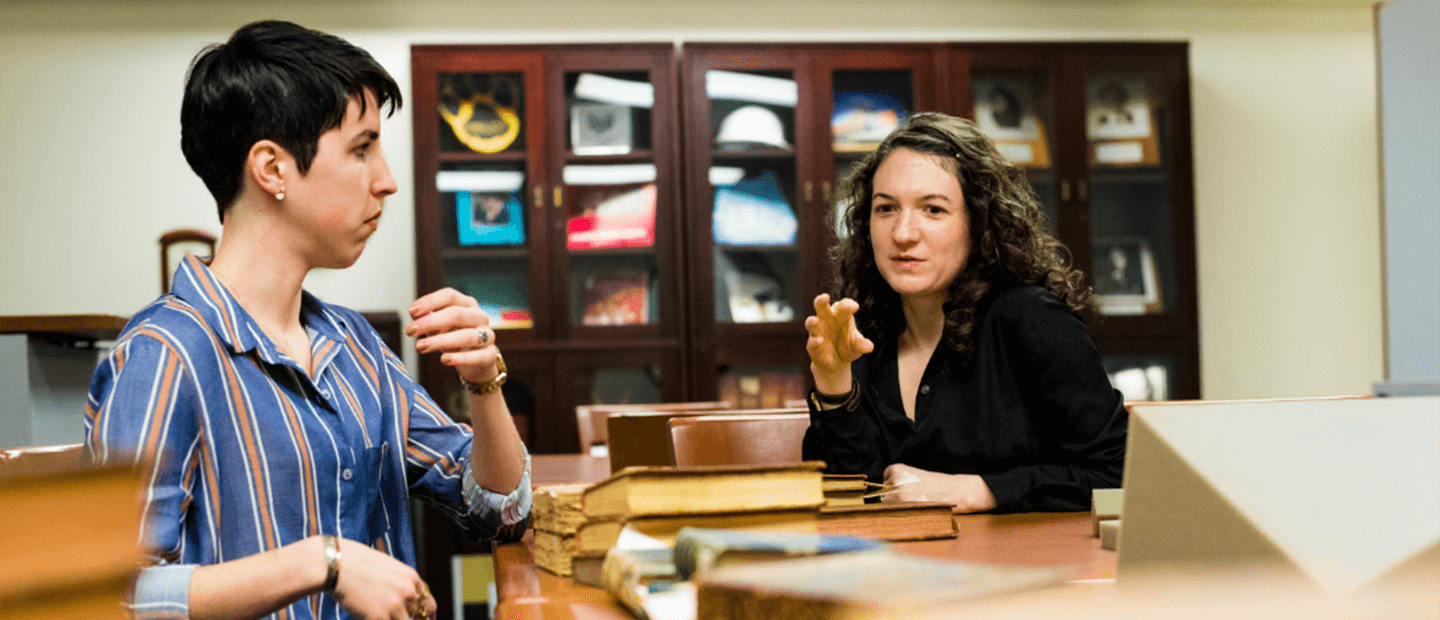
Learning Communities
Learning Communities are faculty-driven small groups that spend an academic year exploring a topic related to teaching and student success in higher education. Faculty are encouraged to submit an application to start an LC, and awarded LCs have $300 available for resources.
More about Learning Communities and proposals.
Connect through Common Interests in Learning Communities
Are you looking to
- Engage with other faculty, students or staff?
- Build friendships and mentorships across campus?
- Share a passion and knowledge for topics in teaching and learning?
- Explore a deeper understanding of a topic through an interdisciplinary lens?
- Expand your leadership skills in a smaller, relaxed setting?
- Collaborate to tackle a problem in teaching and learning?
Facilitators: Patrick Hillberg, Annie Sullivan, and Dawn Woods
- Critically evaluate the use of traditional grades and grading approaches.
- Explore alternative grading approaches that support students to have agency to learn.
- Support instructors to empower students to take ownership of their learning.
Facilitators: Charlene Hayden and Kathryn Schaefer
- Fall semester only
- A book club discussion of What Inclusive Instructors Do: Principles and Practices for Excellence in College Teaching by Addy, Tracie Marcella, et al.
- Learn ways to build a sense of community in the classroom environment
Facilitator: Subha Bhaskaran
- Start a book club with books geared towards best teaching practices and tools.
- Discuss ideas/strategies from the book club readings to improve effectiveness in teaching methods by adventuring new technologies and also to improve the quality of student learning by adapting those ideas.
- Implement/demonstrate ideas in teaching classes and reflect on the outcomes.
An OU Learning Community is an active, collaborative year-long program, meeting biweekly. Participants typically include 6-12 faculty, graduate students and professional staff from a variety of disciplines.
Those interested in facilitating an LC will:.
- Submit a proposal to CETL
- If accepted, seek membership and participation with assistance from CETL
- Organize and facilitate regular sessions (approximately 2 times per month)
- Submit final report
- Share results of LC with others on campus
- Alternative grading approaches
- Antiracist teaching
- Facilitating conversation on crucial topics (e.g., through books like Intellectual Empathy: Critical Thinking for Social Justice by Linker, 2015; Stop Talking: Indigenous Ways of Teaching and Learning and Difficult Dialogues in Higher Education, by Merculieff & Roderick, 2013; and Crucial Conversations)
- Partnering with students on how to best create learning environments (e.g., students could participate as well through books like The Courage to Learn)
- Trauma-aware pedagogy
- Centering holistic wellness in teaching and learning
- Scholarship of Teaching and Learning (SoTL), or first steps in studying and disseminating teaching practice
- Teaching with technology (e.g. HyFlex, instructional videos, interactive content via H5P, social reading through annotation tools)
- Mentoring undergraduate research
- Active learning
- Engaging students in large classes
- Service learning and community engagement
- Student learning through writing
- Disseminating teaching practices via publications and other methods
Up to $300 is available for the following:
- Books and materials related to the topic
- Registration for events on learning community topic
- Travel for regional or virtual expert on the selected topic to come to OU
Learning Community Facilitators will have to request funds for these or other purposes. CETL curates a list of teaching and learning conferences, prioritizing those that require less travel and cost.
Center for Excellence in Teaching and Learning
100 Library Drive
Rochester, Michigan 48309-4479
(location map)
(248) 370-2751
[email protected]







